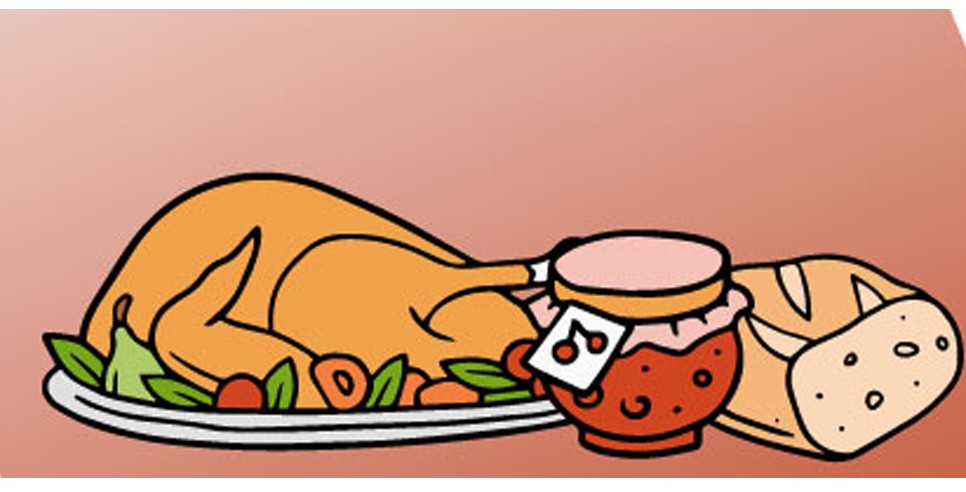
As you sit down with your family (or framily) for Thanksgiving dinner, you probably already realize that the settlers and Native Americans at the first Thanksgiving weren’t eating cranberry sauce shaped like a can. The pilgrims and the Wampanoag tribe may have eaten wildfowl and corn back in 1629, but according to an article in Smithsonian.com, cranberries probably had not yet arrived, and even potatoes and sweet potatoes weren’t widely eaten in that area. They probably had pumpkins, carrots, and onions, however.
Meanwhile, however indigenous (or not) American Thanksgiving has become, some Native American tribes aren’t feeling the gratitude or the celebration this time of year. Since 1970, the United American Indians of New England (UAINE) have gathered at Cole’s Hill in Plymouth to honor their ancestors on a day they consider a reminder of the past genocide and theft of tribal land. The National Day of Mourning for UAINE this year will include a march, speakers by invitation only, and fasting by some participants. The day will be dedicated to American Indian Movement activist Leonard Peltier.
Many tribes are not only reclaiming Thanksgiving day: many are taking back their food more generally by reaching back—way back, in fact, beyond frybread and post-contact foods. In fact, frybread is considered by some indigenous activists as non-native and “representative of oppression and colonization,” according to Dr. Devon Mihesuah, citizen of the Chocktaw Nation of Oklahoma and author of books and articles about indigenous histories and cultures. “Restaurants such as Mitsitam at the Smithsonian and Tocabe in Denver are not representative of Native foods, either. They barely touch on authenticity…We did not use flour, milk products, chicken, beef, sheep or pork until it was introduced. Native foods were prepared simply and without preservatives,” Mihesuah explained.
Mihesuah and others like her are encouraging members to eat indigenous foods and decolonize their diet, and to instead embrace the foods of their ancestors and food that’s seasonal and native to their area. “Taking charge of one's diet; that is, decolonizing our diets, is a huge step towards regaining and sustaining our physical, mental and spiritual health,” said Mihesuah.
For some indigenous activists, reclaiming indigenous food goes beyond even wellness or ancestral connections. “Based on the land and ecosystem, Indigenous identity and being are tied to place. Native people respect, acknowledge, and give gratitude to all of the parts of creation that sustain us, especially foods and food cycles. In fact, in my own Haudenosaunee culture, our ceremonial cycle is based on the appearance and celebration of foods, and especially gratitude and recognition of our reciprocal relationship with Yonkhinistenha Owentsyia (Mother Earth),” said Laticia McNaugton, a Six Nations Mohawk and creator of the website Indigenous Food Revolutionary.
For Mihesuah’s family, only food from this hemisphere will be on her Thanksgiving table. If you’d like to learn more and join her this holiday season in exploring indigenous cuisine, check out this list of indigenous foods and view recipes and ideas on her website or Facebook page.
JoAnne Dyer is a Seattle-based writer and editor. She specializes in working with change-makers. Her clients include publishers, self-publishing authors, nonprofits, and small businesses. JoAnne is PR for People's ground reporter covering tribal news.










